Why Every UK Household Needs a Water Filter
Why Every UK Household Needs a Water Filter: Benefits and Tips
In today’s world, ensuring that you and your family have access to clean, safe drinking water is more important than ever. While the UK is known for having relatively good tap water quality, many households are turning to water filters to remove additional contaminants and improve the taste and purity of their water. Whether you're concerned about chlorine, lead, microplastics, or other impurities, a water filter can be a valuable addition to your home.
Should You Filter Tap Water in the UK?
While tap water in the UK is generally considered safe to drink, filtering it can offer significant benefits, making it worth considering for many households.
UK tap water undergoes stringent treatment processes and adheres to strict safety standards. However, it can still contain trace amounts of contaminants such as chlorine, lead from old pipes, microplastics, and other impurities that may affect taste, smell, and potentially your health over time.
Using a water filter can effectively eliminate harmful impurities like heavy metals, pesticides, chlorine, fluoride, and more. This ensures that your drinking water is not only safer but also purified to a higher standard, safeguarding the well-being of you and your loved ones. By ensuring that the water you use from the fridge for drinking or cooking is of the highest quality, a water filter contributes to better overall health.
Additionally, a water filter can significantly improve the taste and smell of your tap water. By removing contaminants that cause bad odours and a flat taste, filtered water is fresher, cleaner, and much more enjoyable to drink. Whether you're hydrating, cooking, or making beverages, you and your family can enjoy water that tastes great every time.
In conclusion, while filtering tap water in the UK isn't strictly necessary for safety, it can greatly enhance water quality and safeguard your family's health, making it a smart investment for those who want the best for their household's well-being.
Are Water Filters Healthy?
Yes, water filters are generally considered healthy and can significantly contribute to the overall well-being of you and your family. Here's how:
-
Removal of Contaminants: Water filters are designed to remove a wide range of contaminants that may be present in tap water. These can include heavy metals like lead and mercury, pesticides, chlorine, fluoride, and other harmful substances. By eliminating these impurities, water filters help ensure that the water you drink is cleaner and safer, reducing the risk of health issues associated with long-term exposure to these contaminants.
-
Improved Taste and Smell: Water filters can improve the taste and smell of tap water by removing chlorine, sulfur, and other chemicals that can cause unpleasant odors and a flat or metallic taste. This not only makes water more enjoyable to drink but can also encourage better hydration habits, which is crucial for maintaining good health.
-
Better for Cooking: Using filtered water for cooking can also be healthier, as it ensures that the food you prepare is free from harmful chemicals and contaminants. This can be particularly important for cooking foods that absorb a lot of water, like rice or pasta, and for making beverages like tea and coffee.
- Environmental Benefits: While not directly related to health, using a water filter instead of relying on bottled water can reduce plastic waste and lower your exposure to microplastics that are often found in bottled water. Additionally, it's a more cost-effective solution in the long run.

In summary, water filters are a healthy choice for most households. They help ensure that the water you and your family consume is free from harmful impurities, tastes better, and contributes to your overall health and well-being.
Is It Better to Drink Tap Water, Filtered Water or Bottled Water?
Filtered water offers additional benefits by removing more contaminants, improving taste, and providing greater peace of mind regarding water quality. If you live in an area with known water quality issues, have concerns about specific contaminants, or simply prefer better-tasting water, filtered water may be the better choice for you and your family.
For those who are satisfied with their tap water and want a cost-effective, low-maintenance solution, drinking tap water is perfectly fine and still environmentally friendly. Ultimately, the choice between tap water and filtered water depends on your personal preferences, health considerations, and how much you value the additional benefits that filtered water provides.
Bottled Water may be more convenient for immediate needs or for those who are traveling, but it comes with higher costs and environmental concerns related to plastic waste and potential chemical leaching.
Overall, for daily hydration and home use, a water filter is usually the better choice. It provides clean, safe water while contributing positively to the environment and offering substantial cost savings over time.
Do You Need a Plumber to Install a Water Filter?
The necessity of hiring a plumber to install a water filter depends on the type of filter you choose and your comfort level with DIY tasks.
If you prefer to install a water filter yourself, here are step-by-step instructions to guide you through the process of installing the Care+ Protect Water Filter:
-
Shut Off Water Supply: Begin by turning off the main water supply to prevent any leaks or spills during installation.
-
Install Teflon Taped Fittings: Apply Teflon tape to the threaded fittings to ensure a watertight seal. Tighten these fittings firmly to secure them in place.
-
Note the Flow Direction on the Filter: Check the filter for arrows indicating the direction of water flow. This is crucial to ensure the filter works correctly.
-
Connect the Supply Line to the Inlet Side of the Filter: Attach the supply line to the inlet side of the filter. Make sure it is connected securely.
-
Tighten Firmly: Ensure that all connections are tightened firmly to prevent leaks.
-
Flush Away 5 Gallons of Water Through the Filter: Run about 5 gallons of water through the filter to remove any fine carbon particles and ensure the filter is ready for use.
-
Shut Off Water: After flushing, shut off the water supply once again to make any final adjustments.
-
Connect the Filter Outlet to the Supply Line: Attach the filter outlet to the supply line, ensuring it is securely connected.
-
Tighten Firmly: Tighten all fittings securely to ensure there are no leaks.
-
Turn On Water: Turn the water supply back on and check for any leaks at the connections.
- Check for Leaks: Inspect all connections for leaks. If any are found, tighten the fittings as needed to ensure a tight seal.
By following these instructions, you can successfully install many types of water filters yourself. If you encounter any issues or if your filter system is particularly complex, consulting a plumber may be beneficial to ensure proper installation and functionality.
How Often Should You Change a Water Filter?
The frequency with which you should change your water filter depends on the specific type of filter and its usage.
Our filters have a lifespan of 6 months or 1500 gallons (5678 litres) of water. If your household uses a lot of water, you might reach the 1500-gallon limit before the 6-month mark. Conversely, if your water usage is lower, you might get closer to the 6-month limit. Keep track of your water consumption to estimate when you’ll need to change the filter.
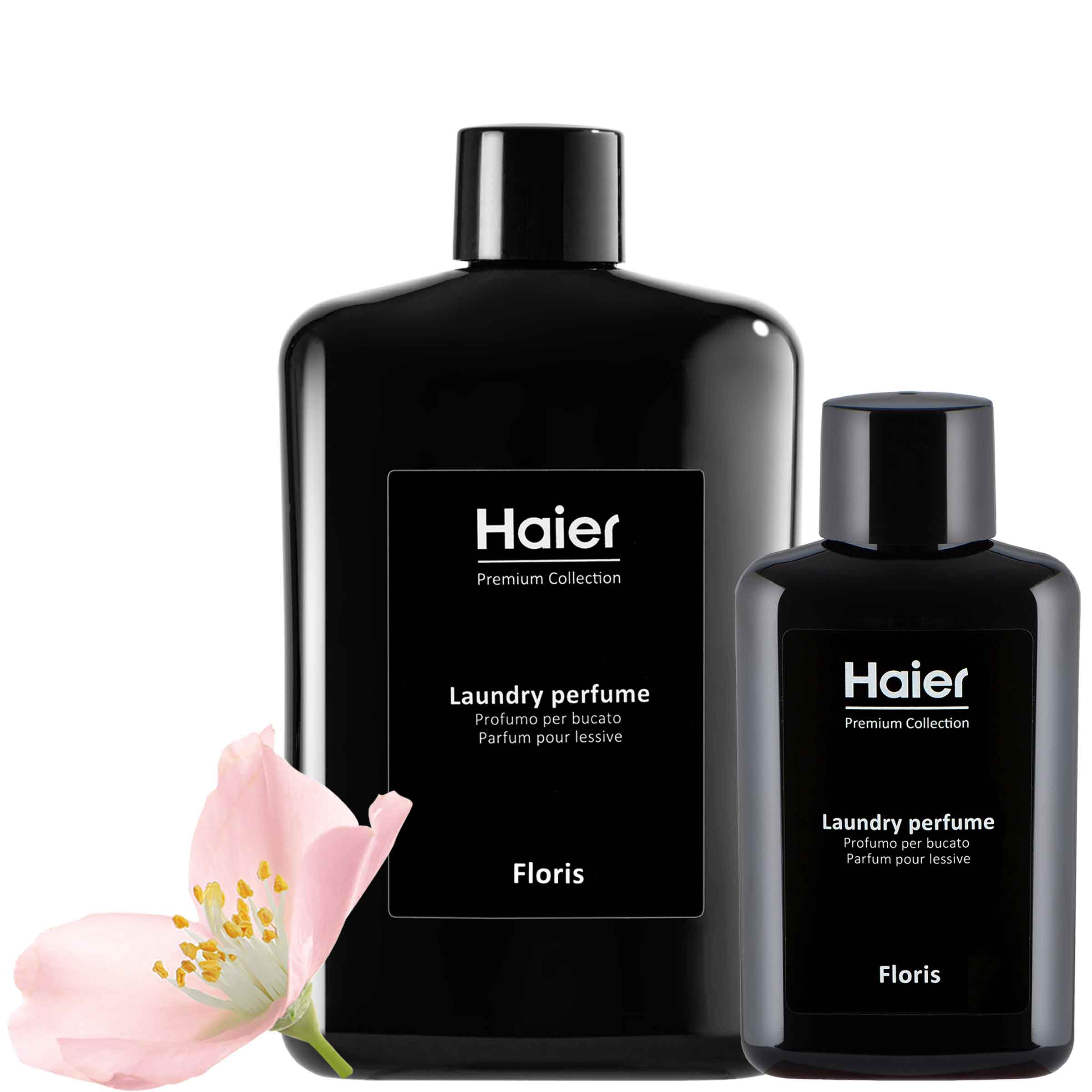
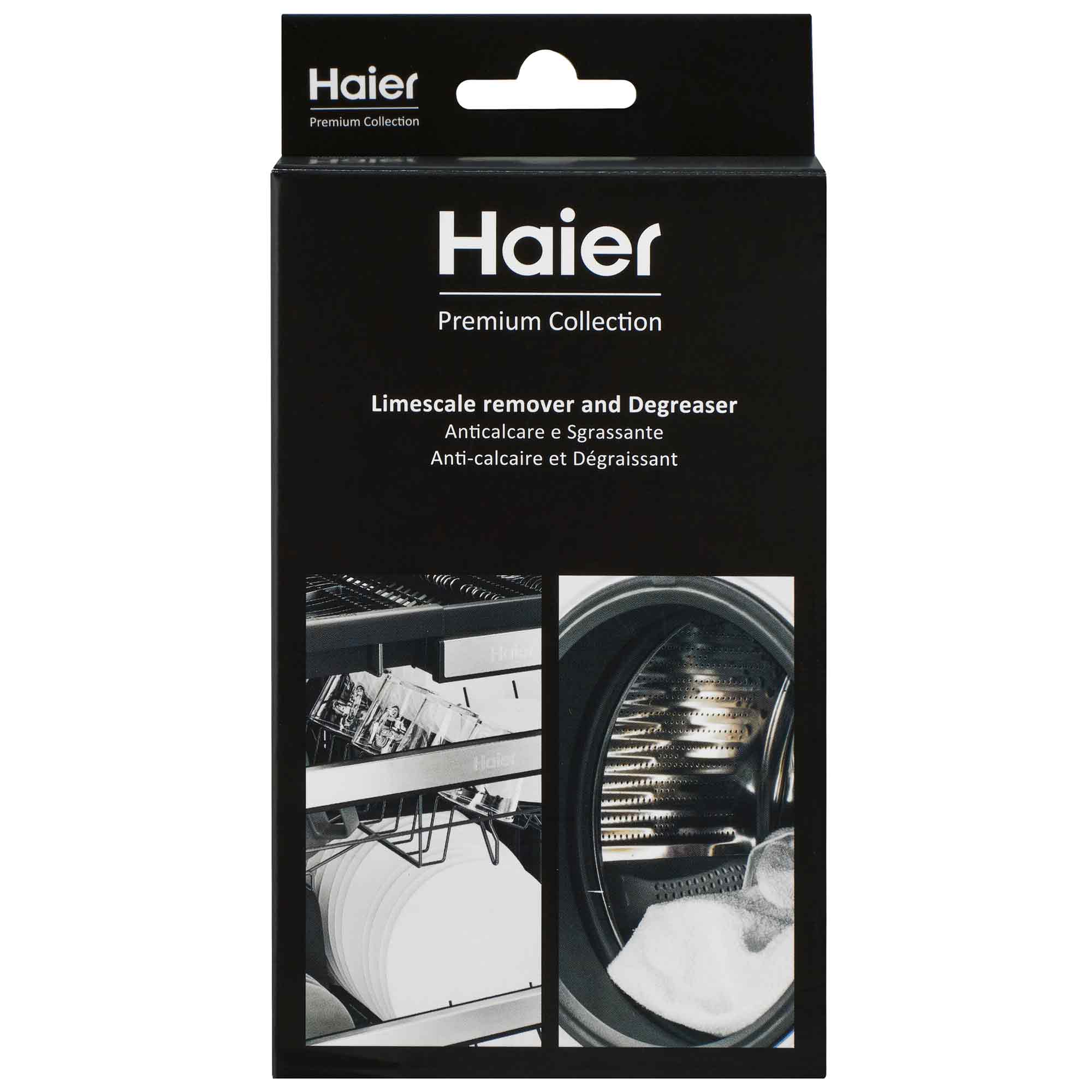
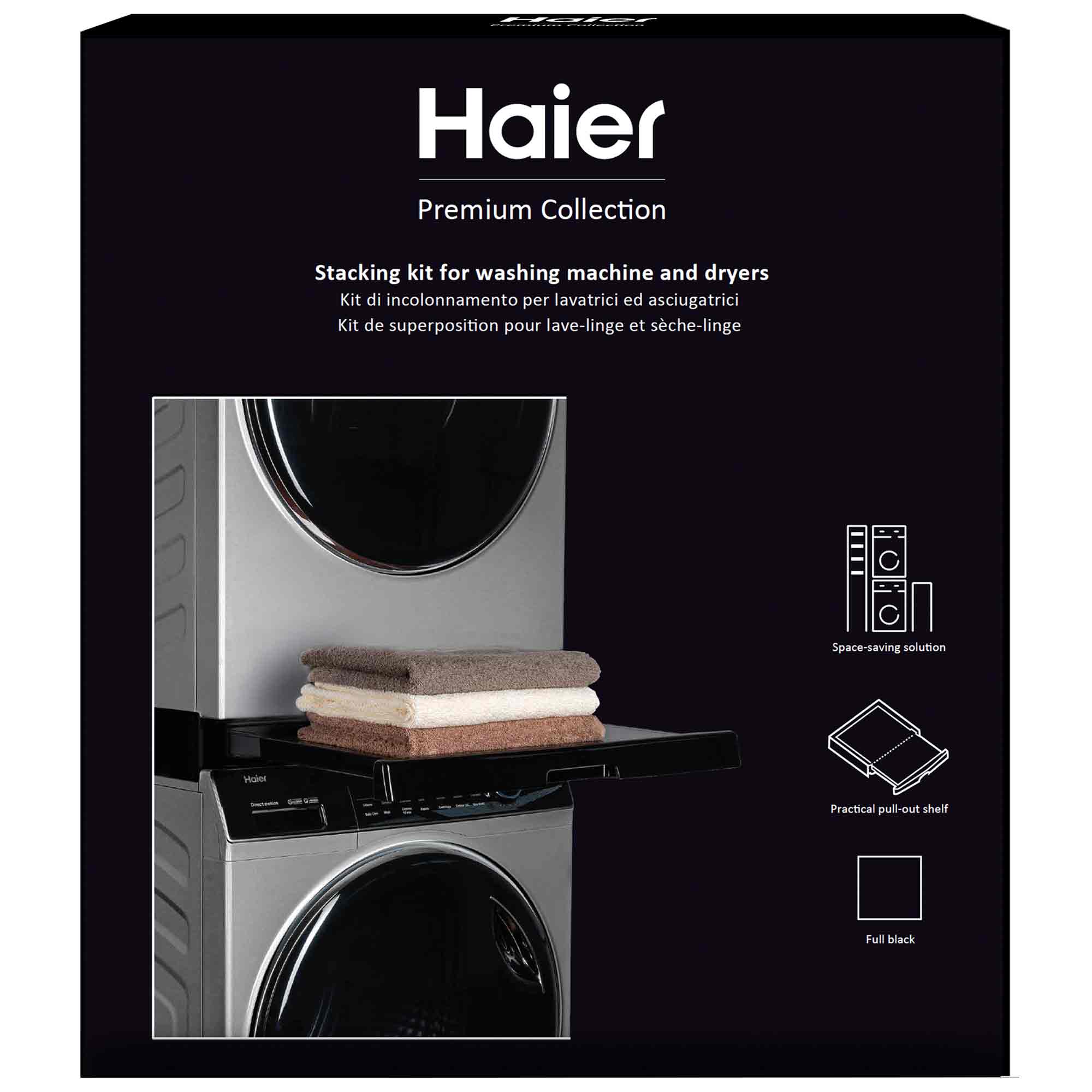
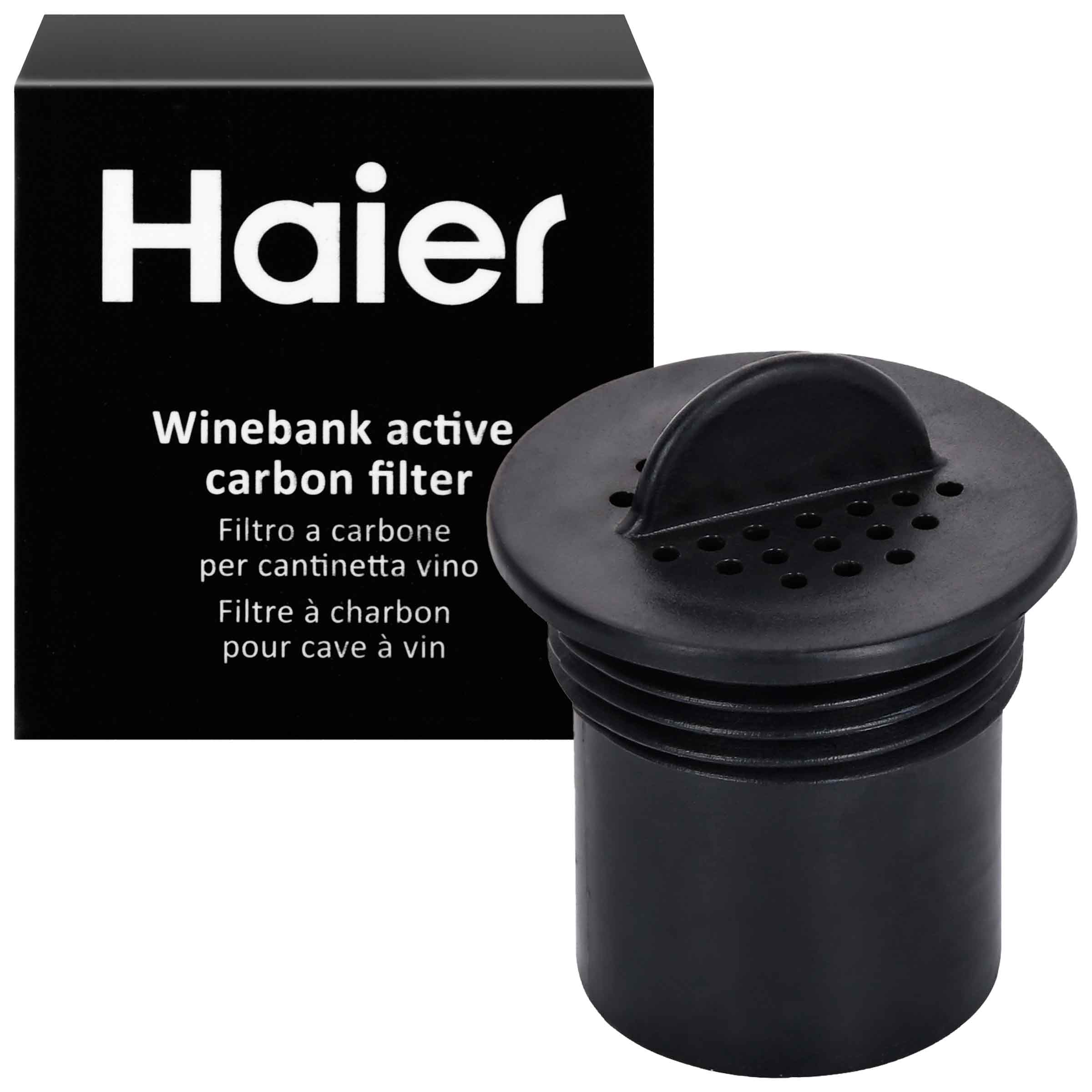
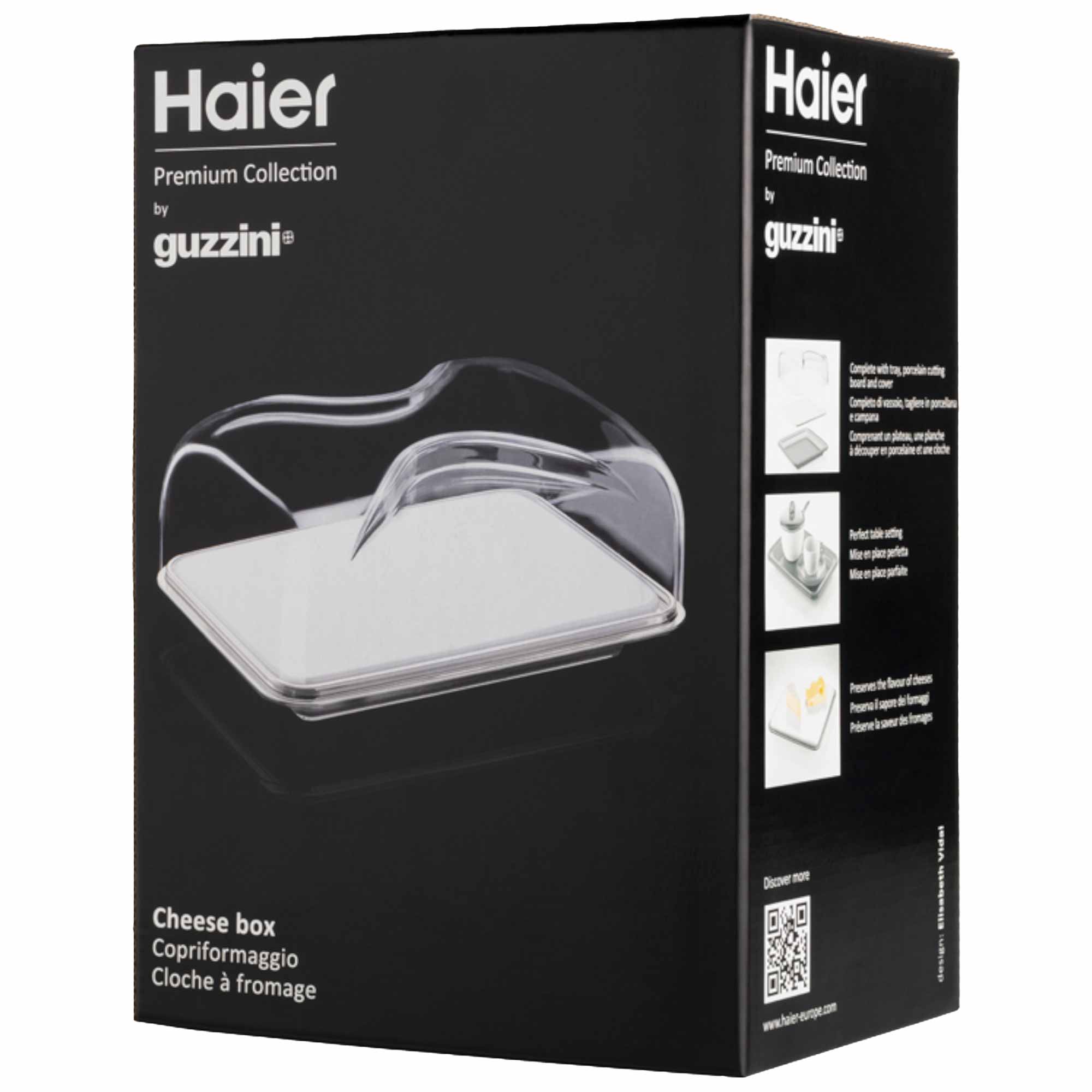
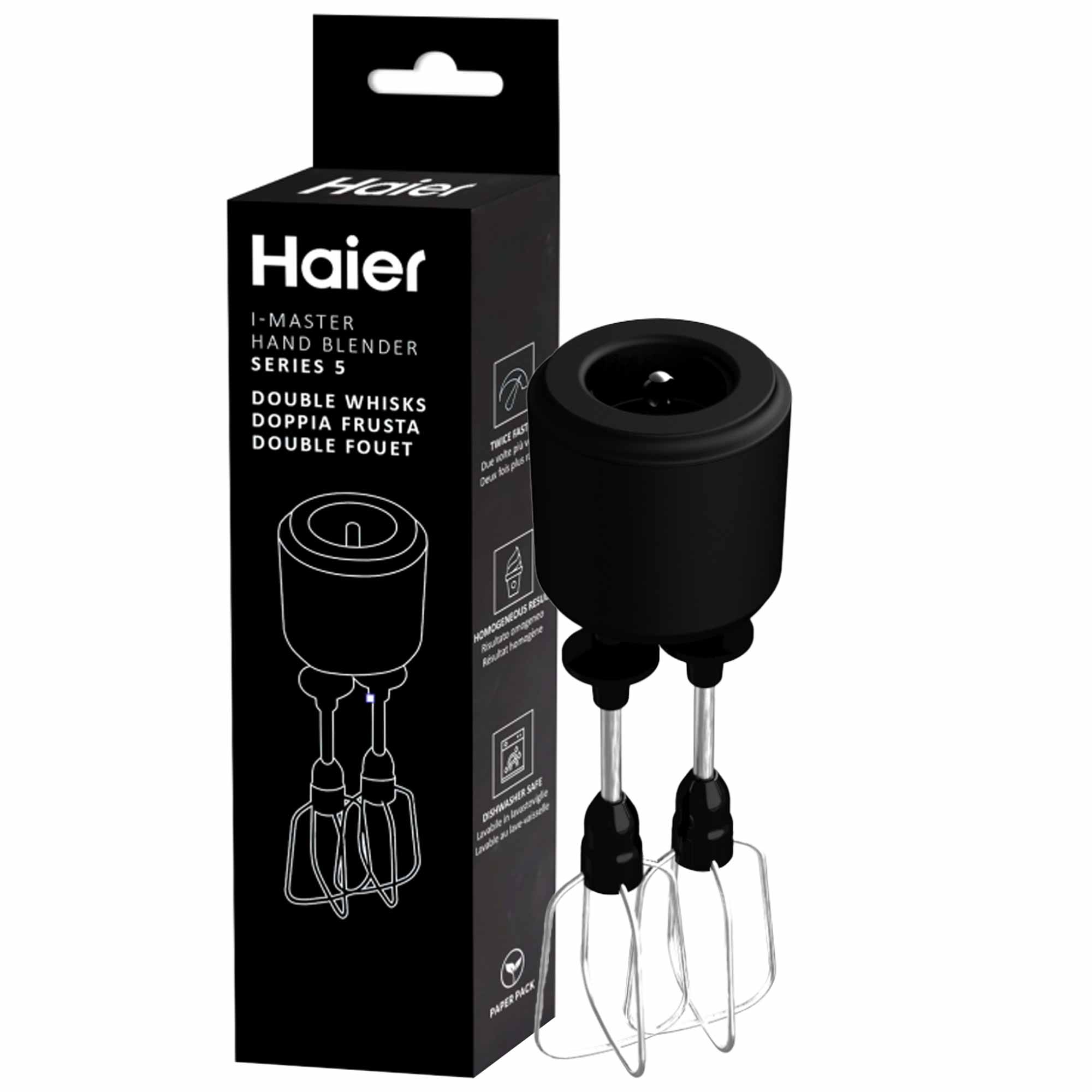
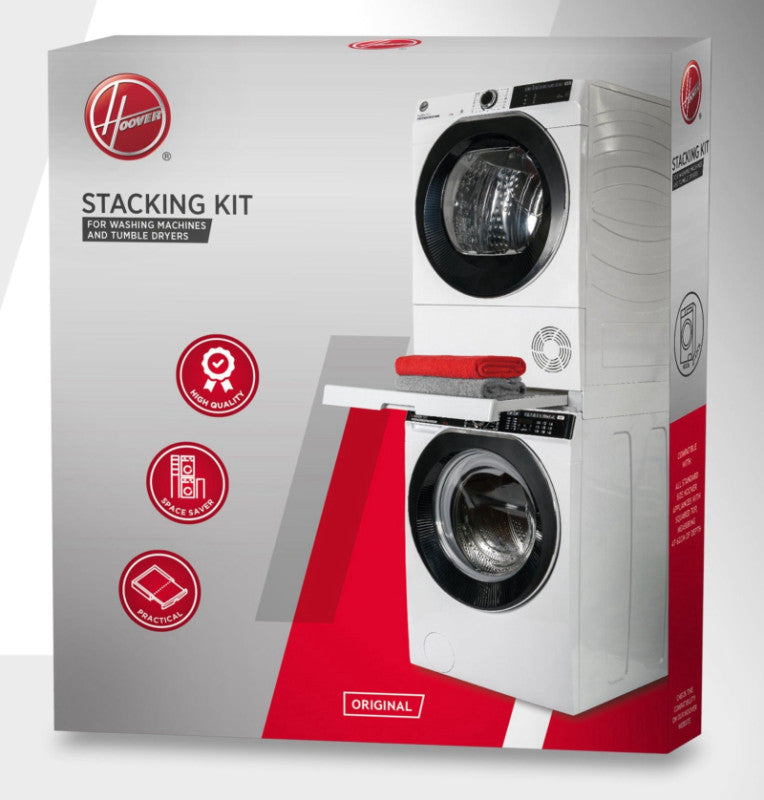
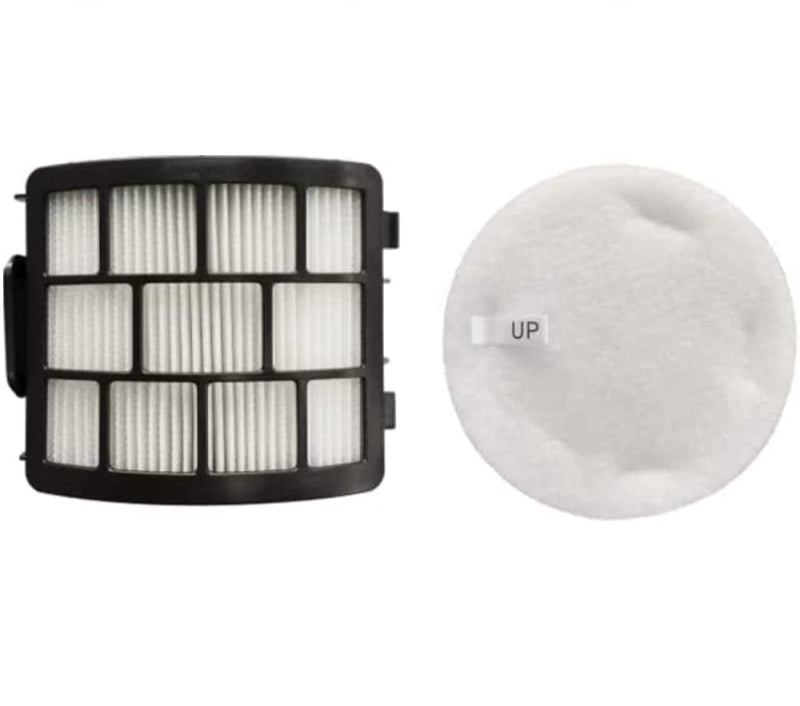
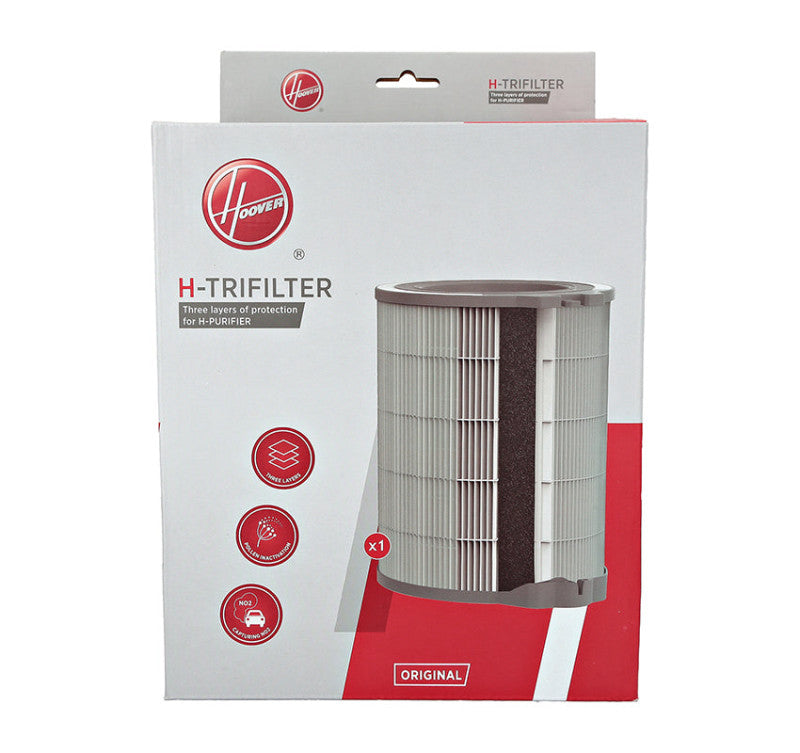
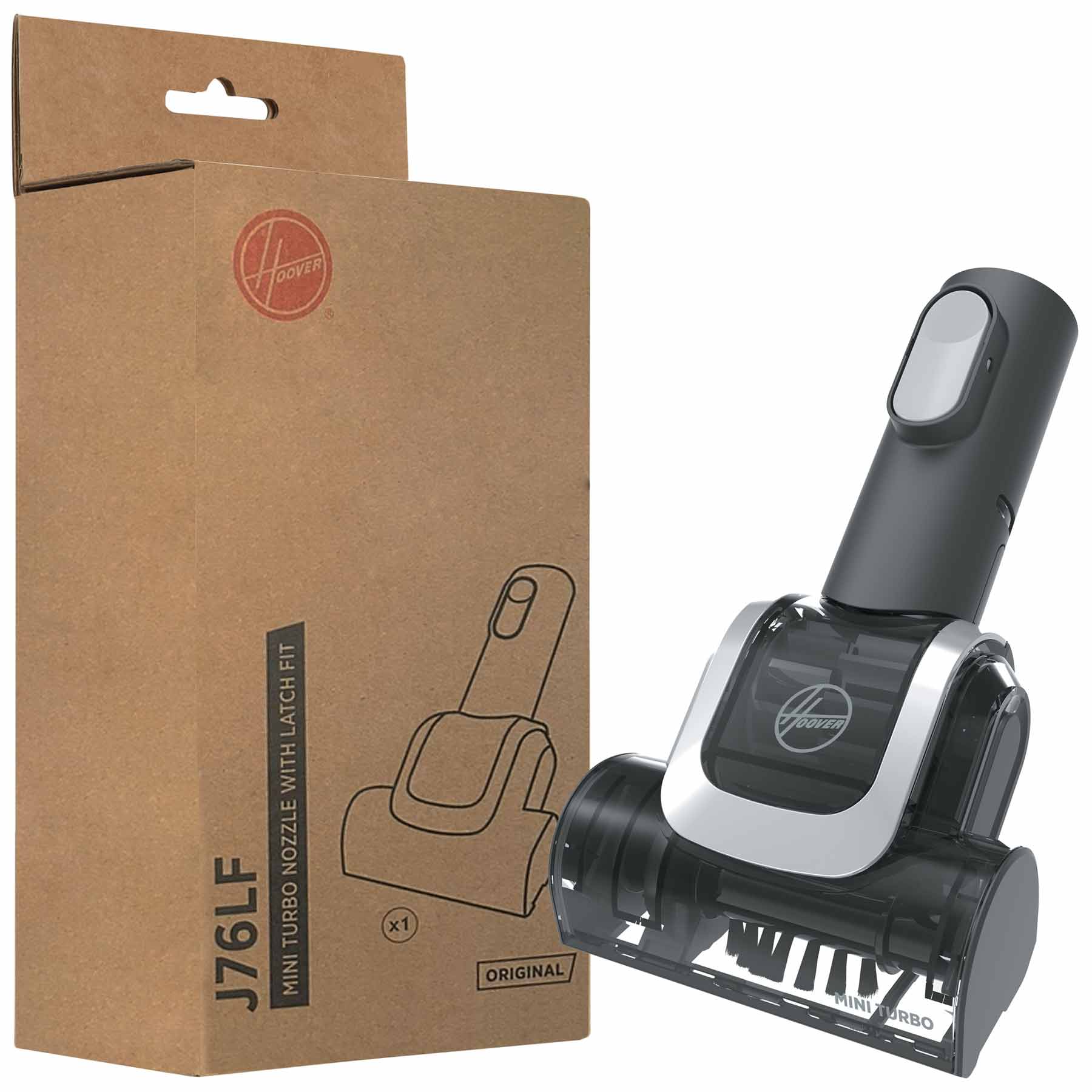

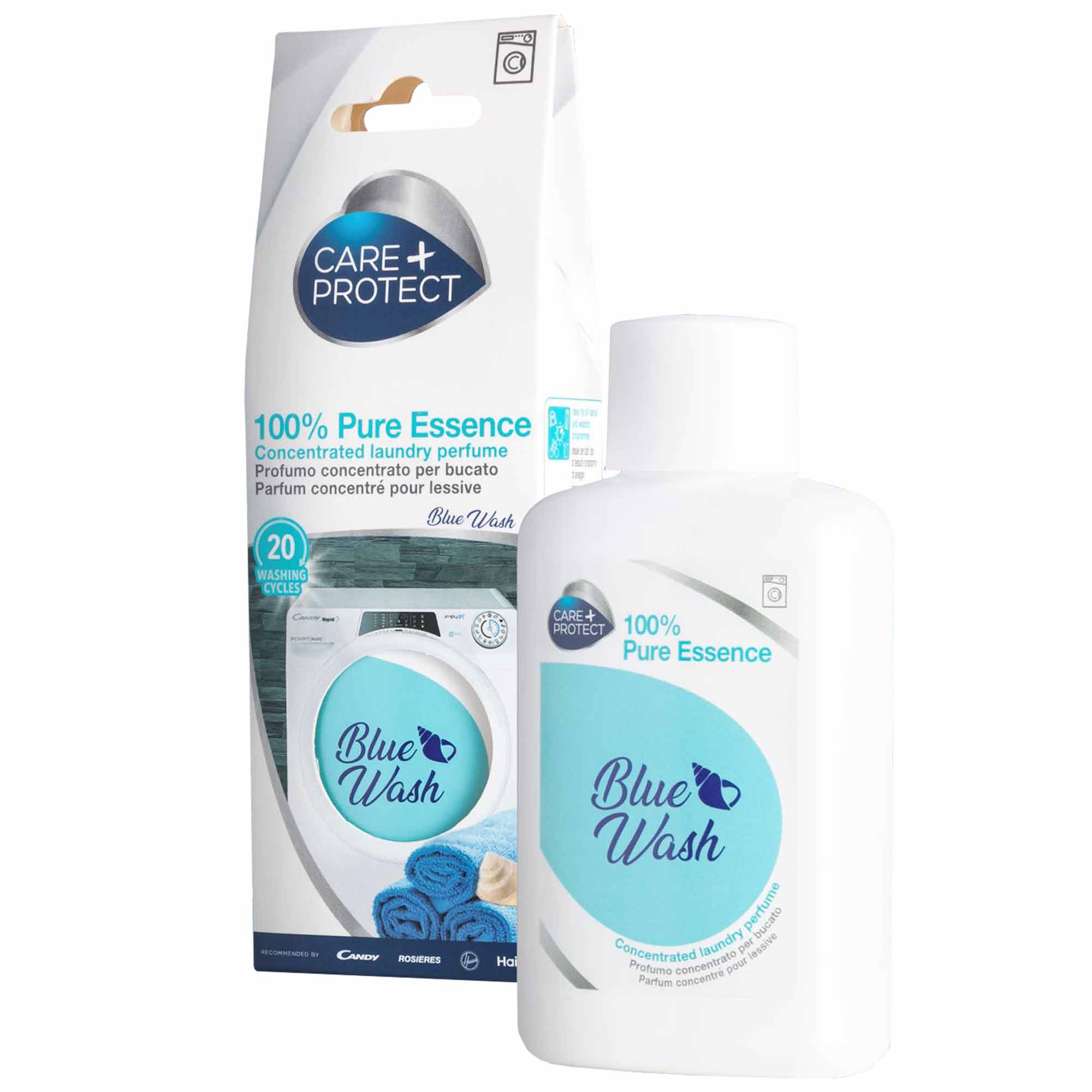
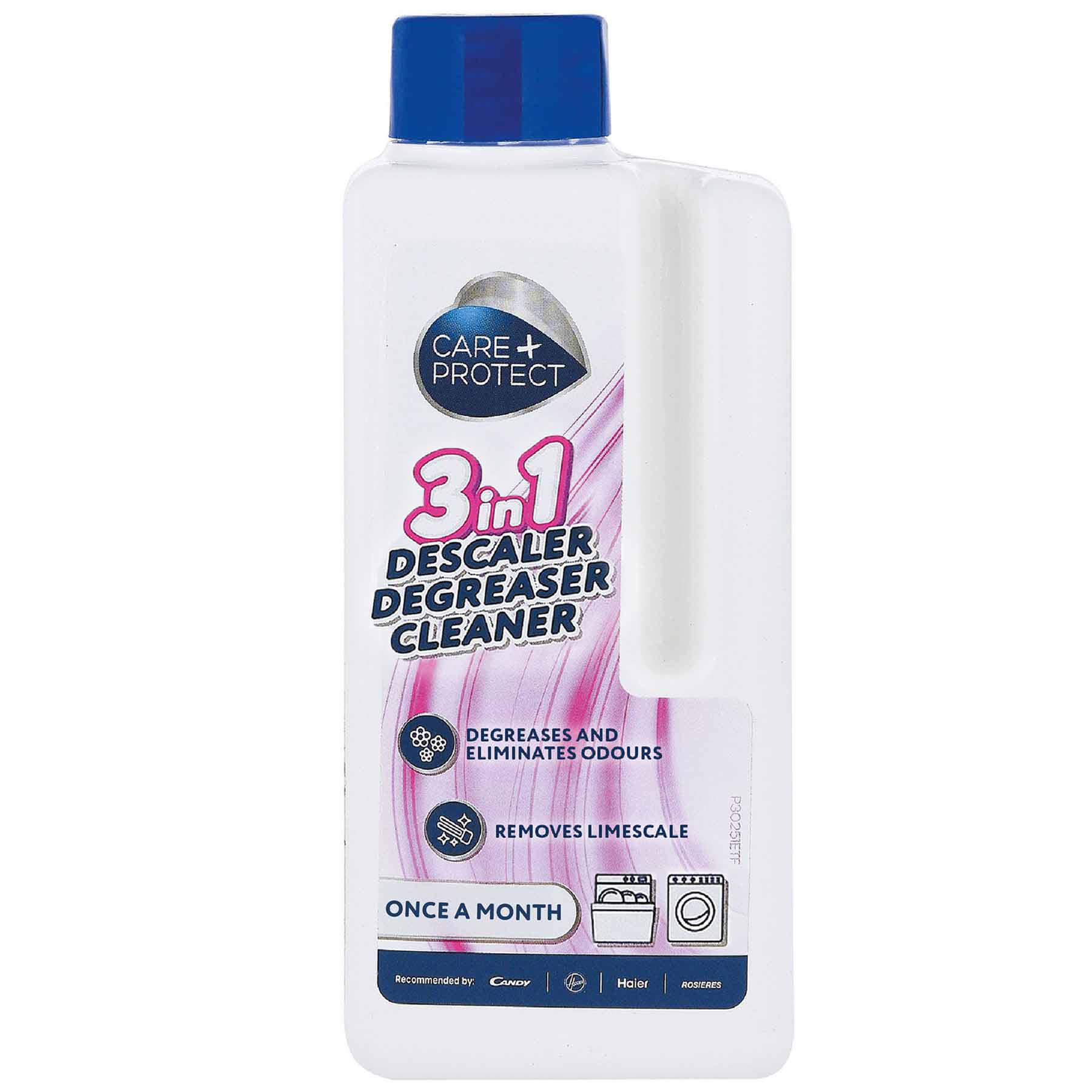

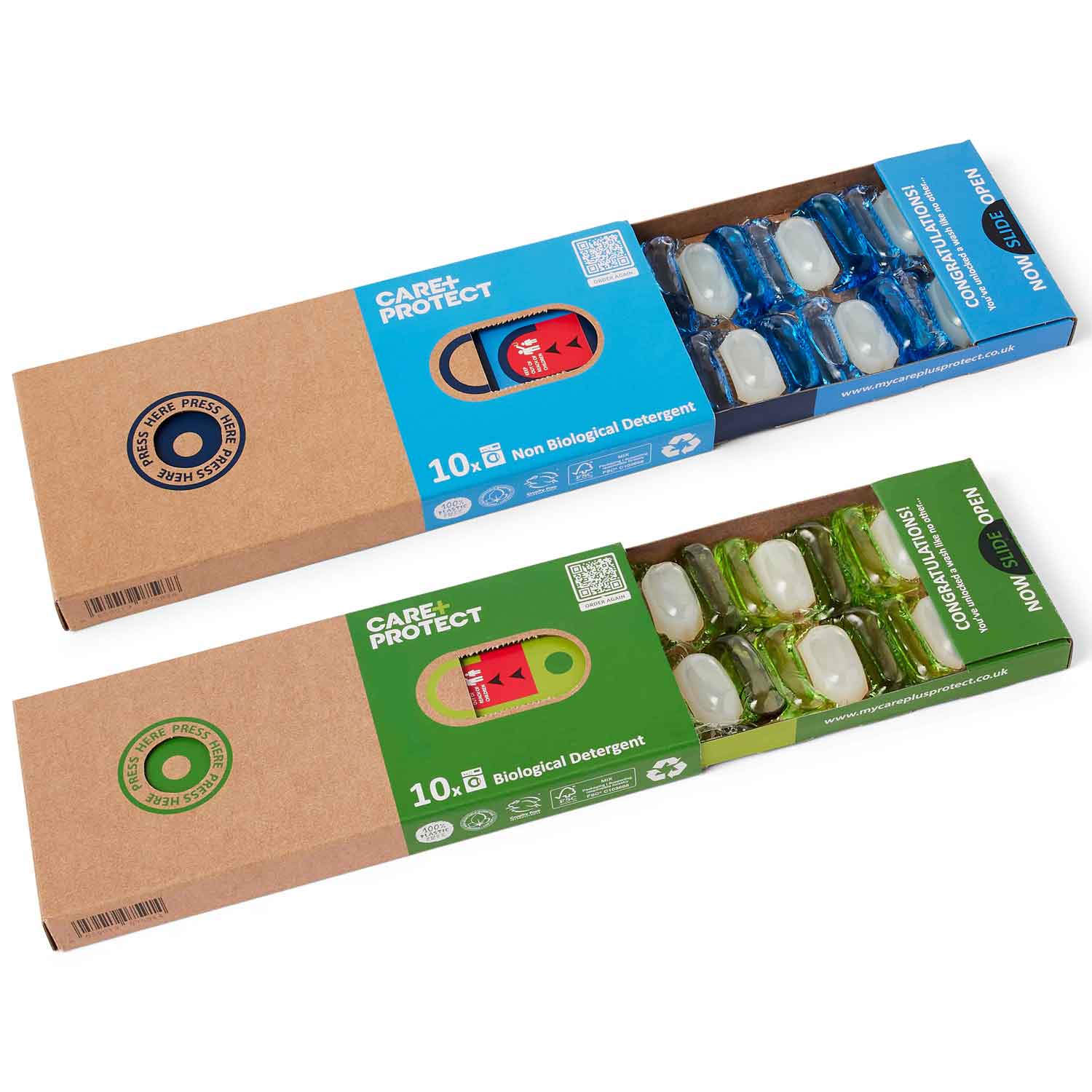
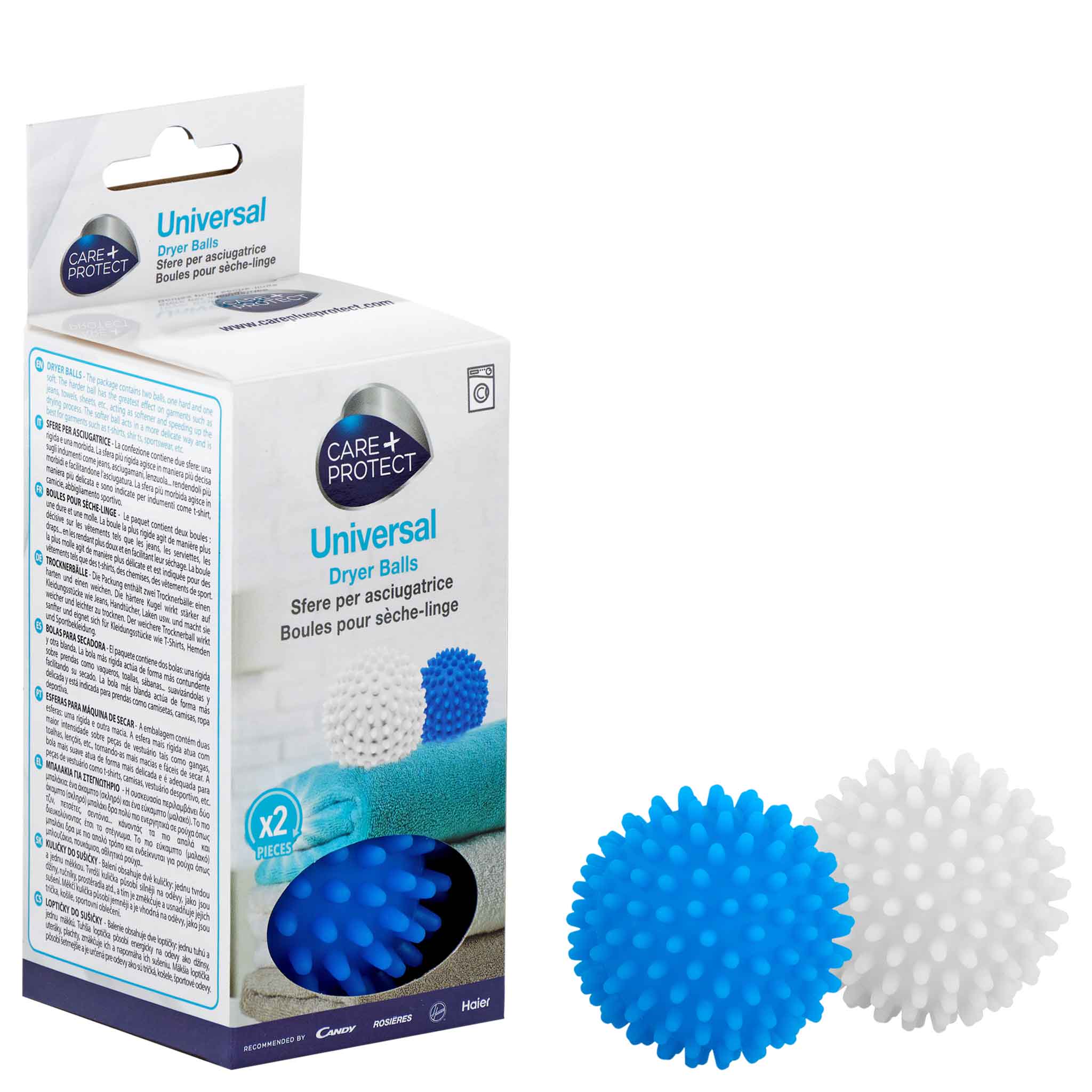
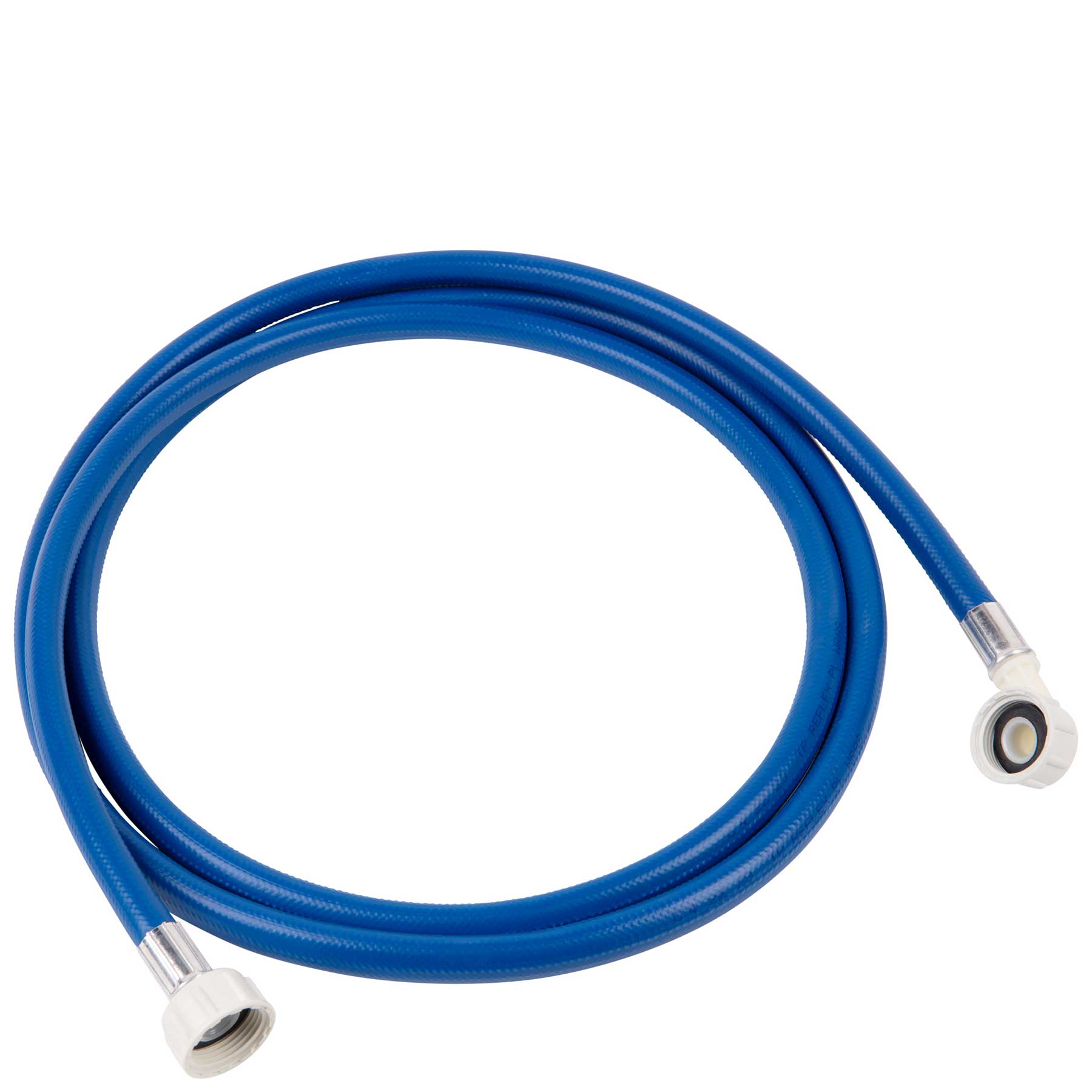
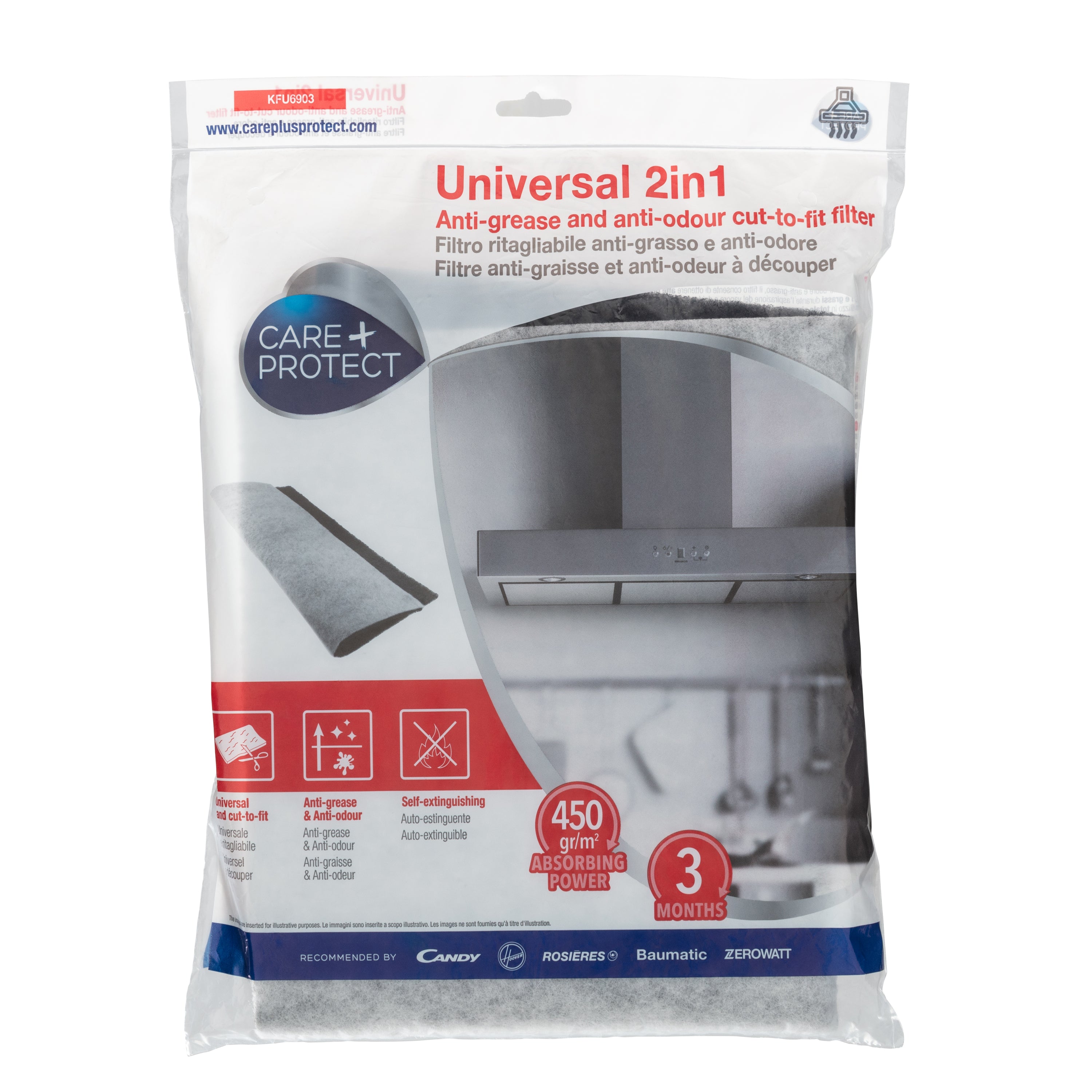
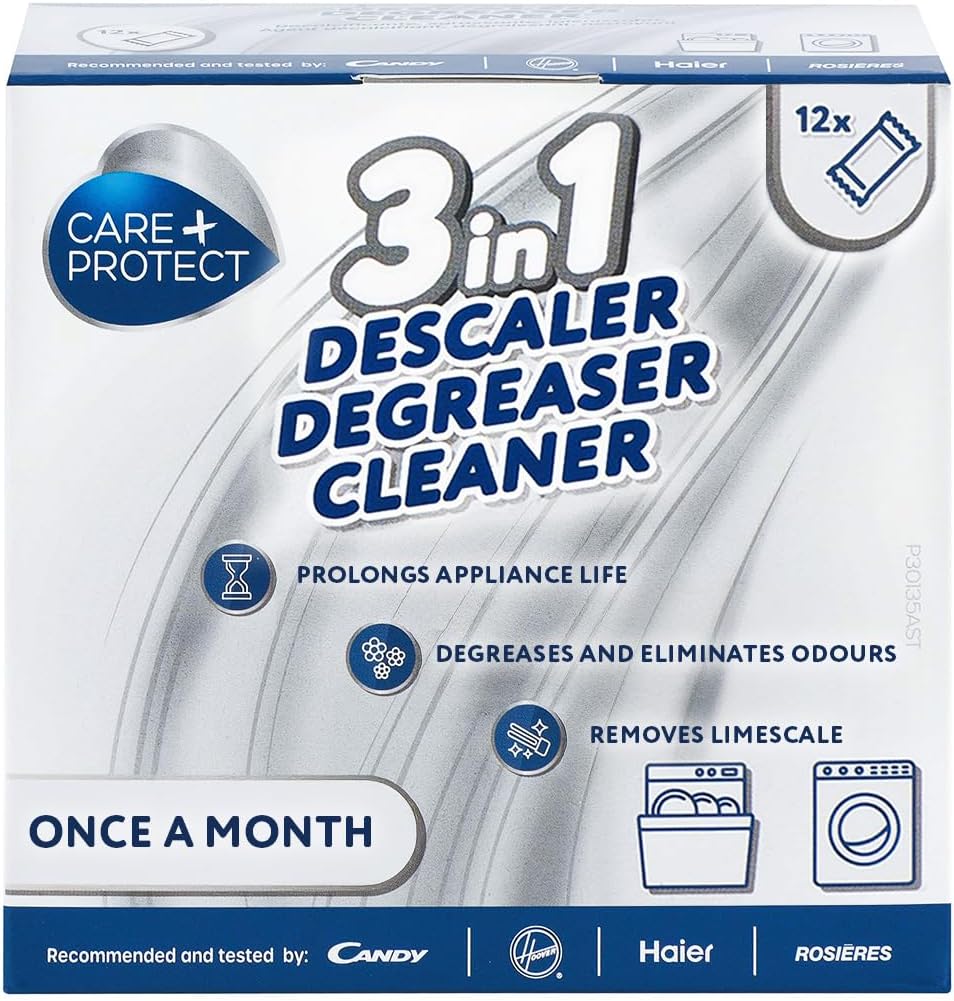
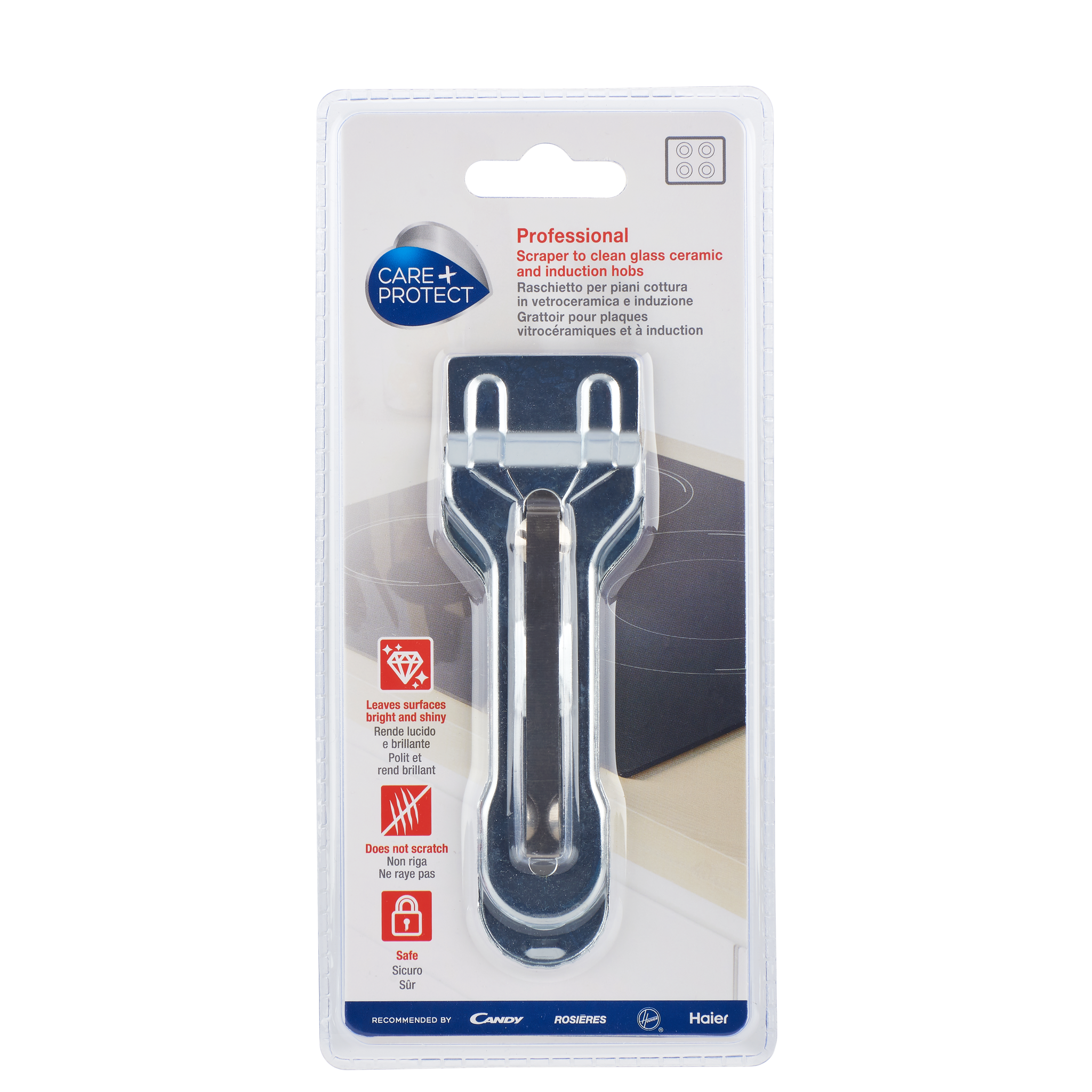
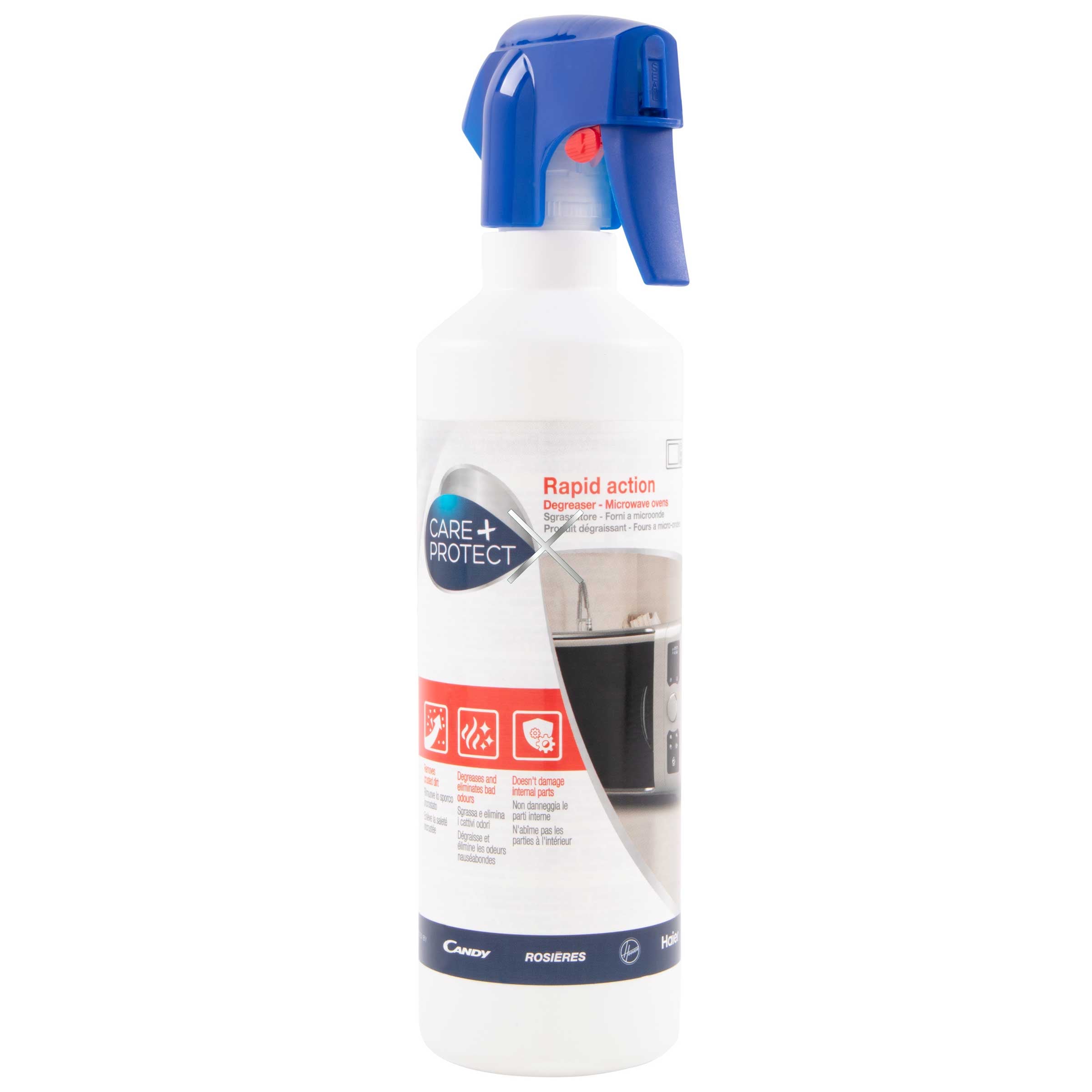
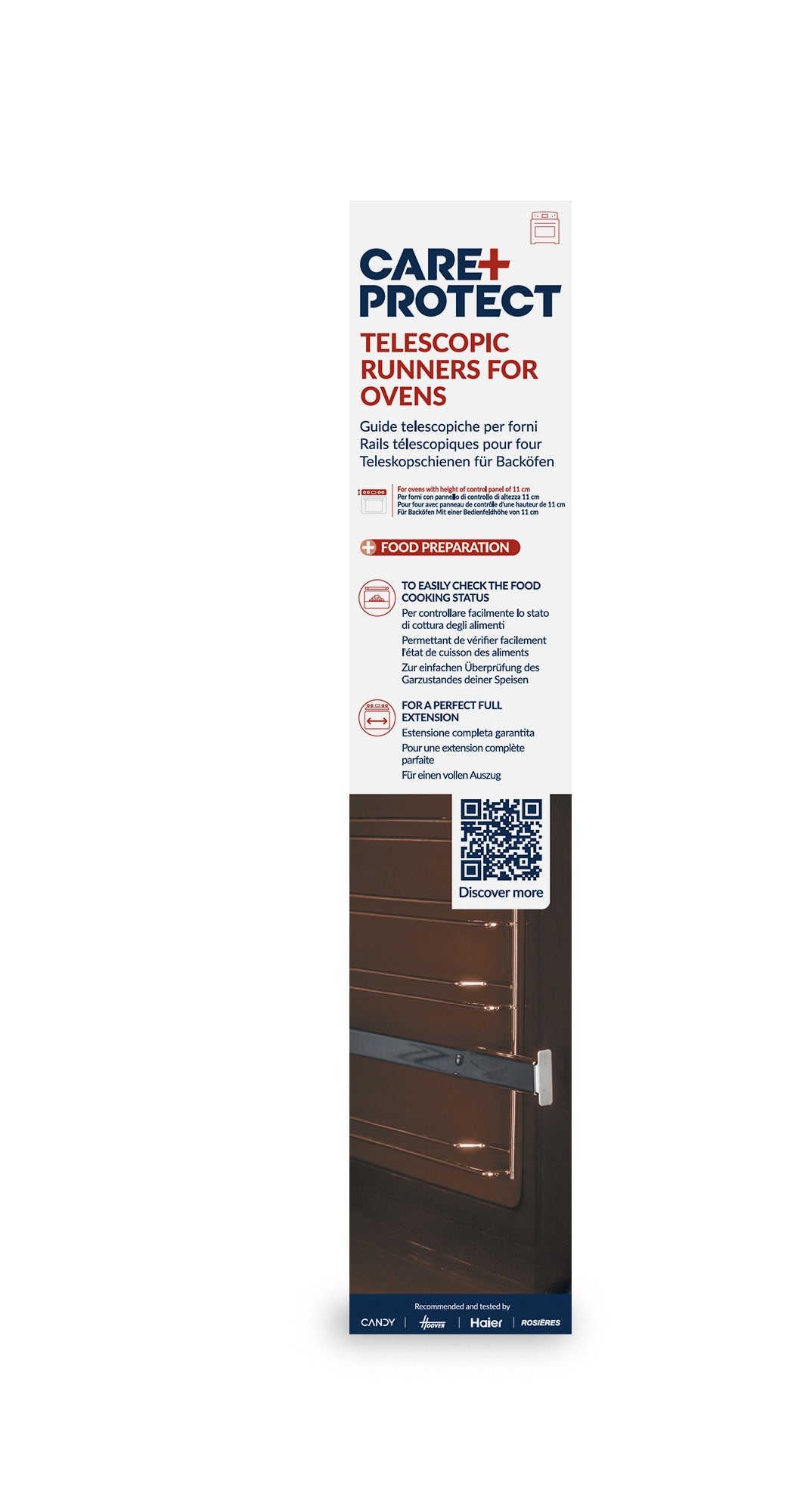
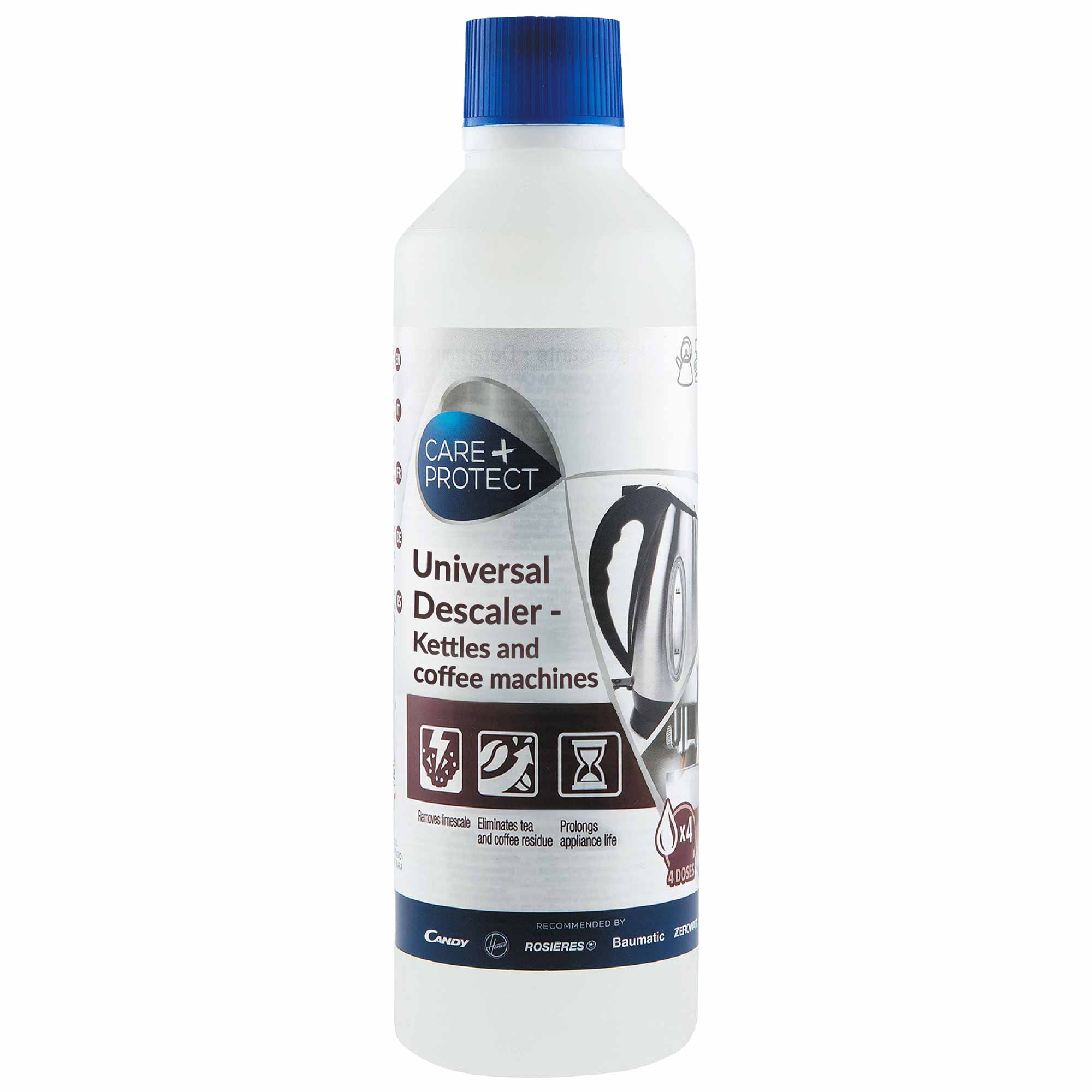
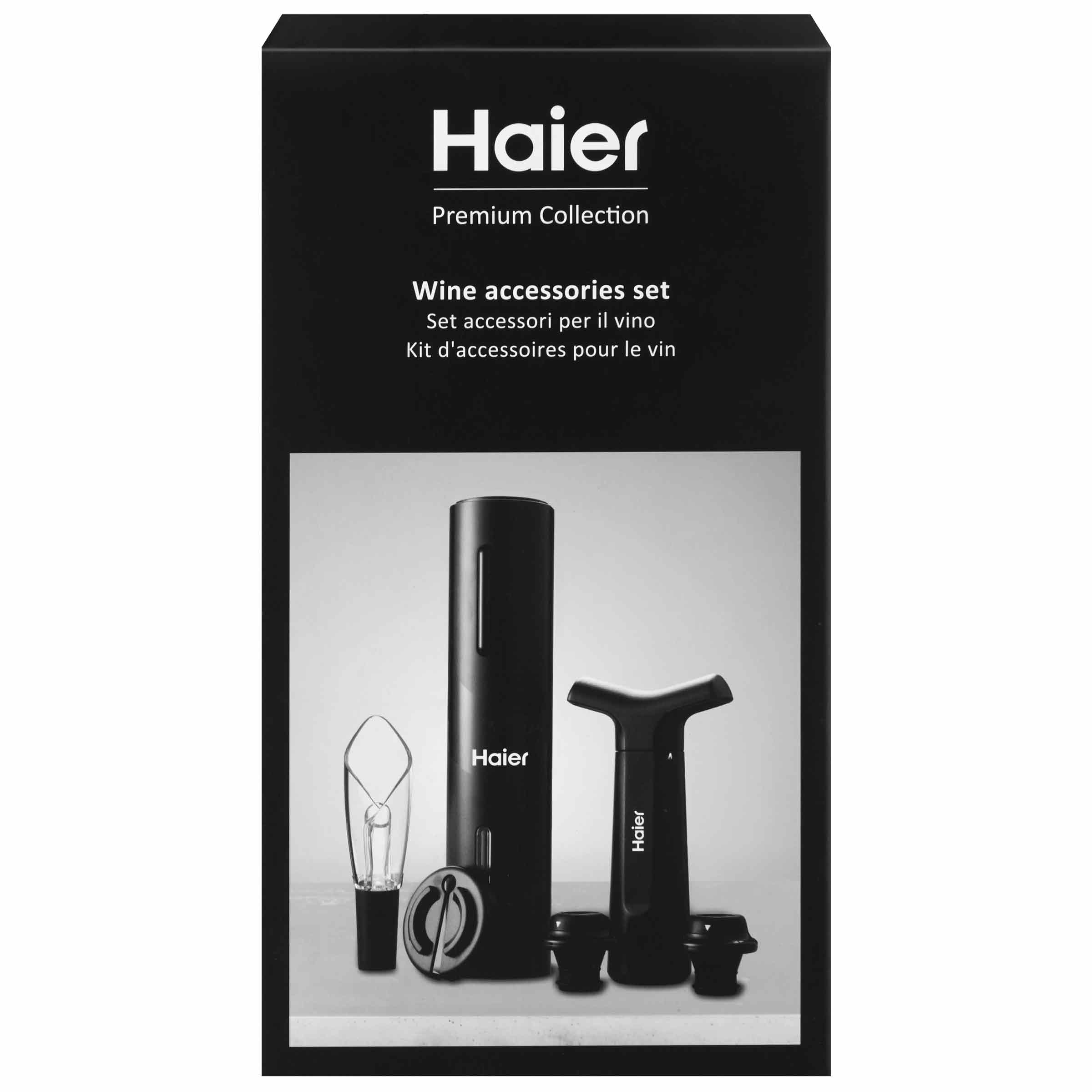
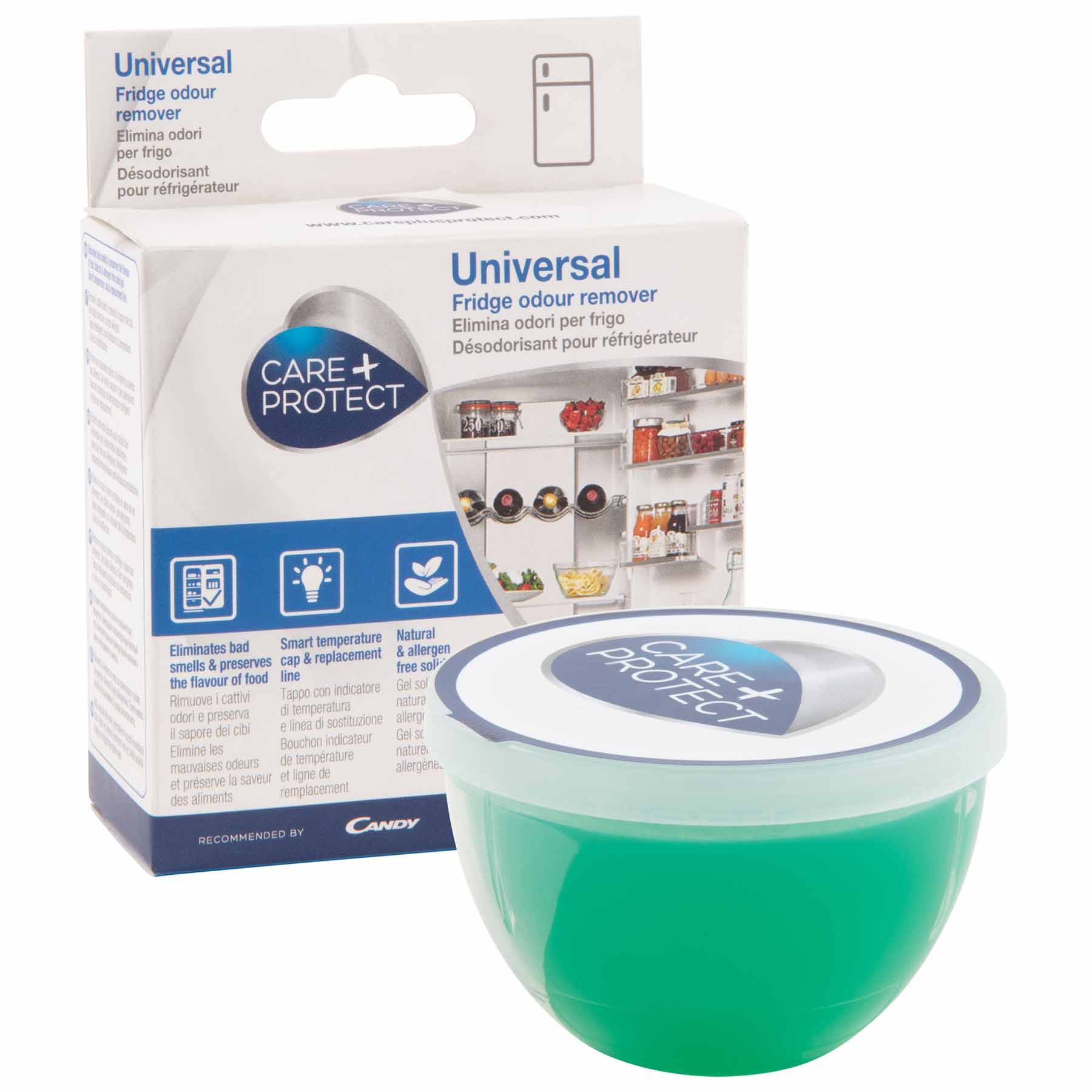
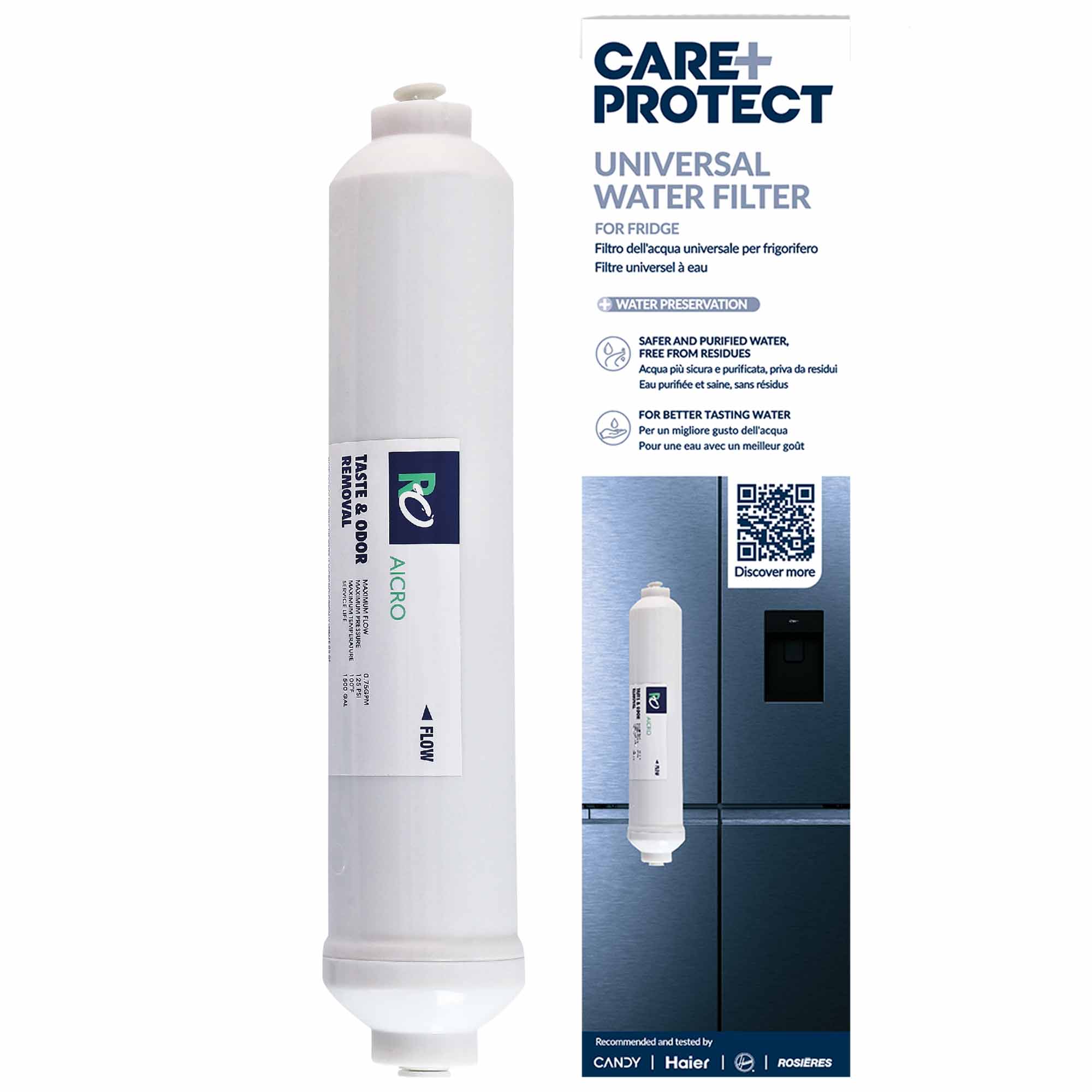
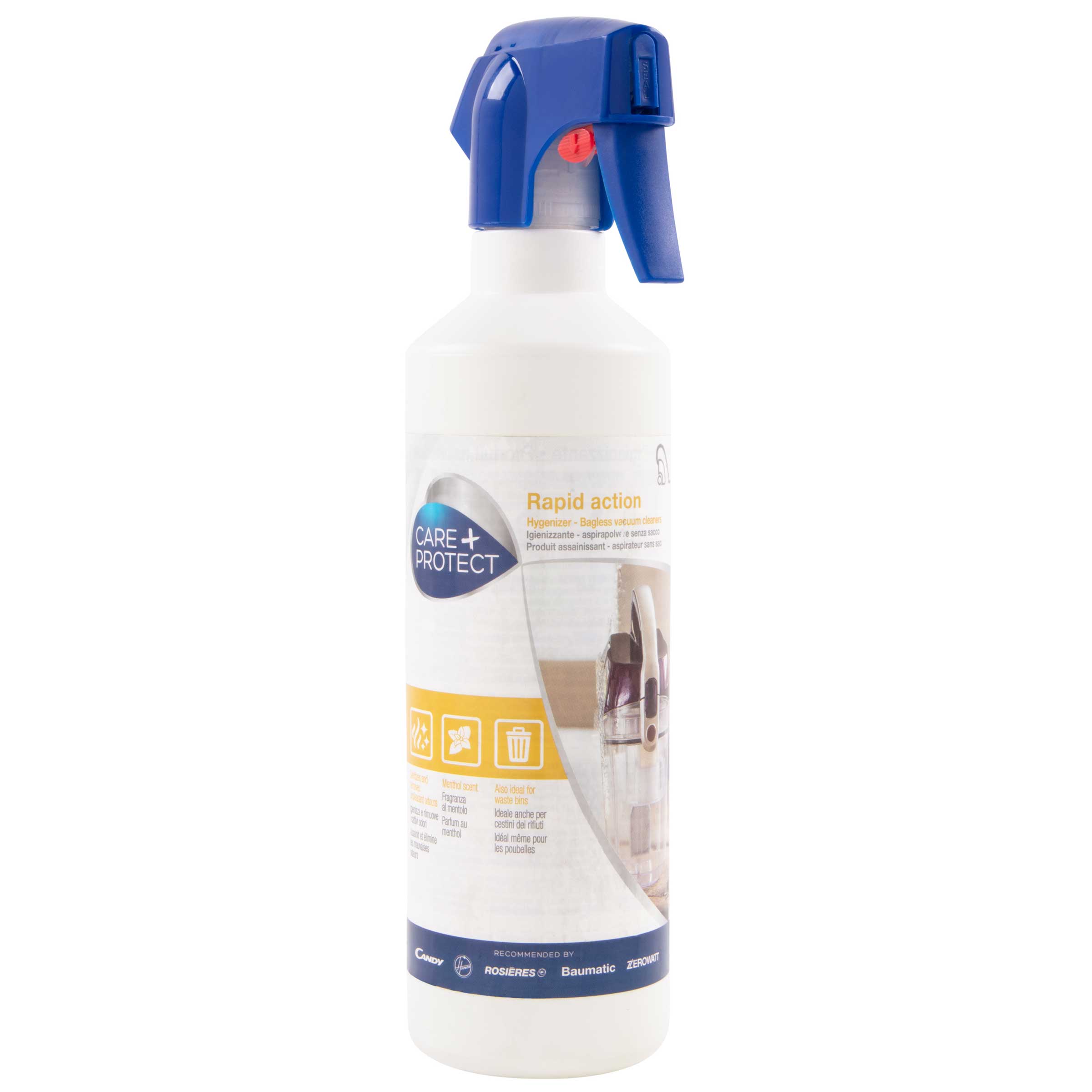
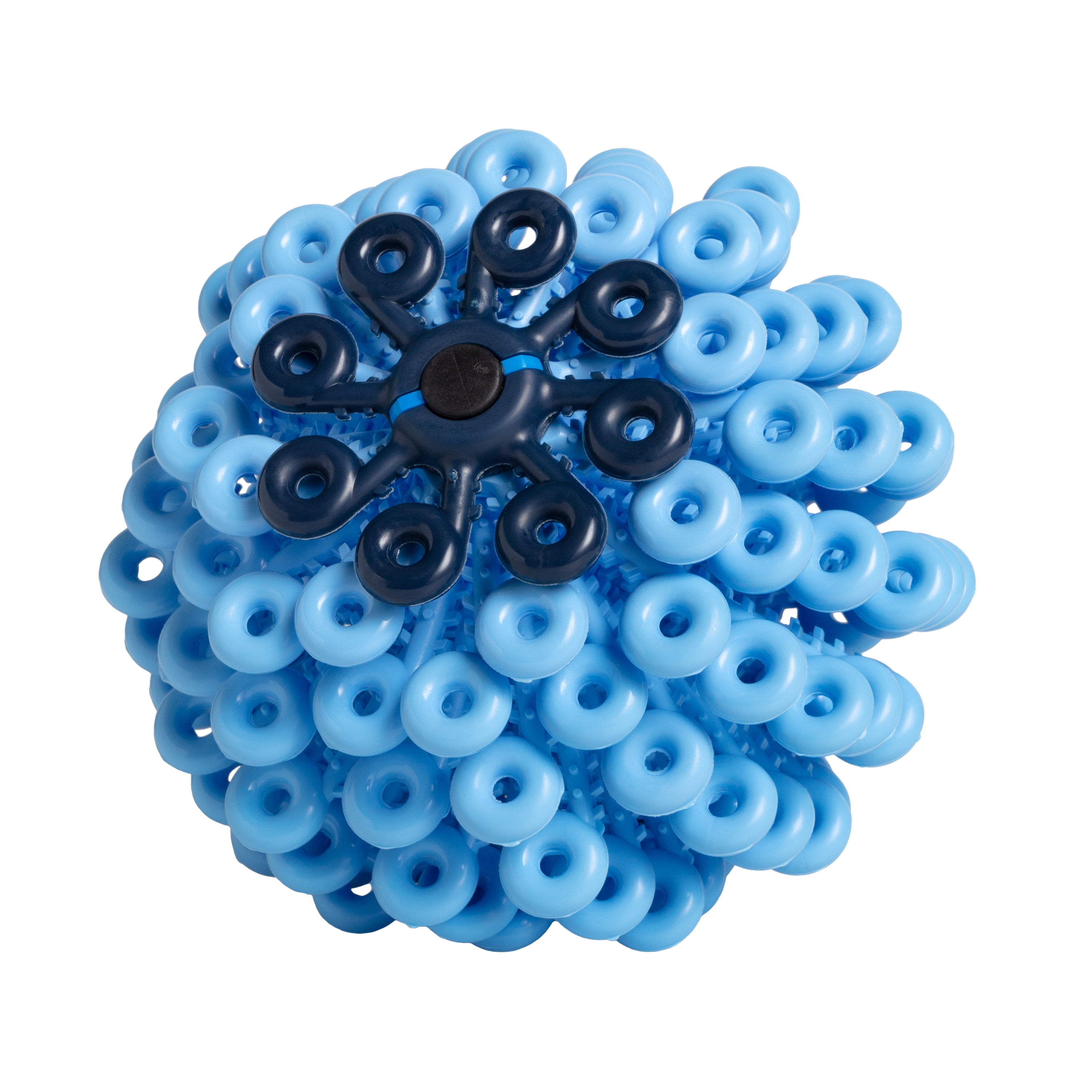
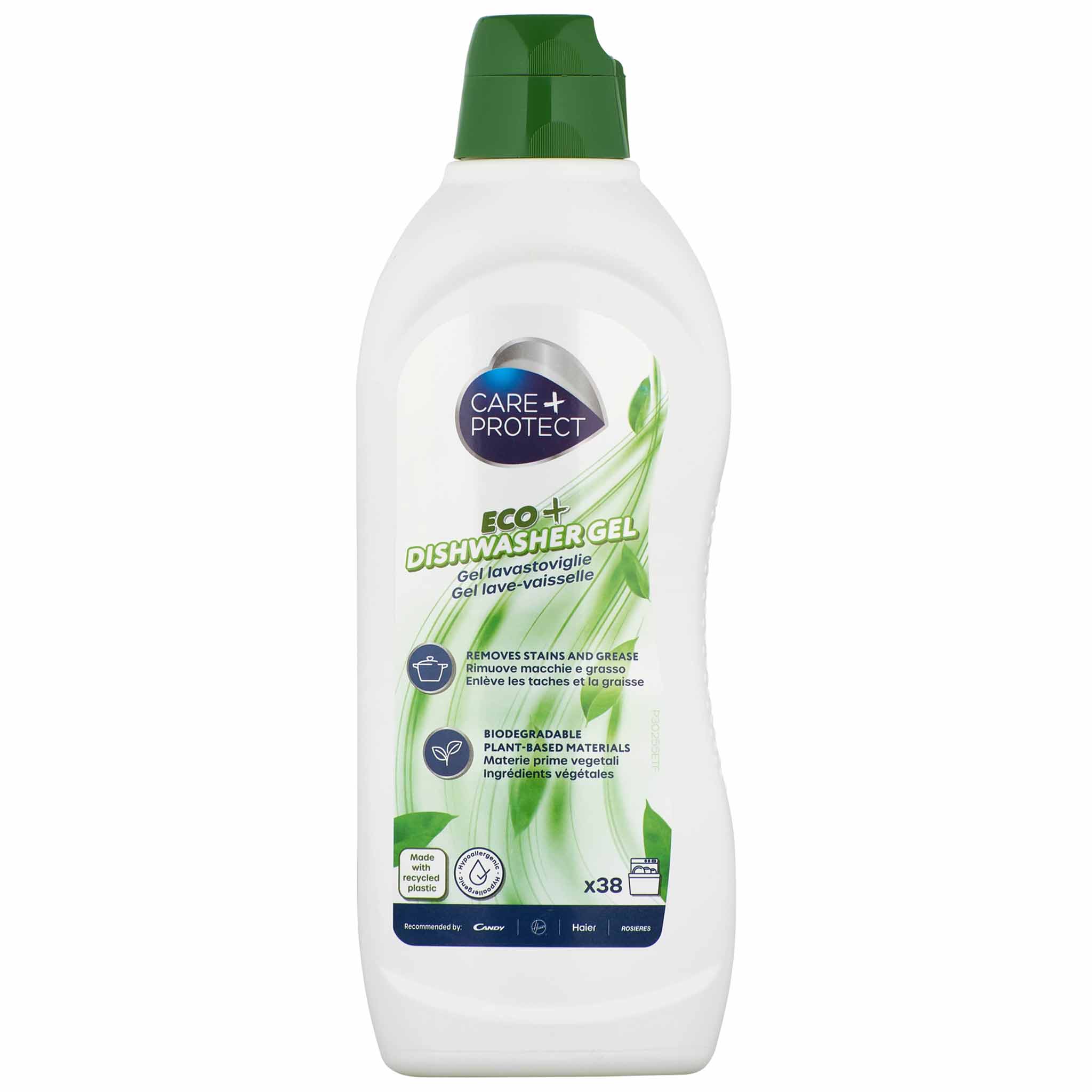
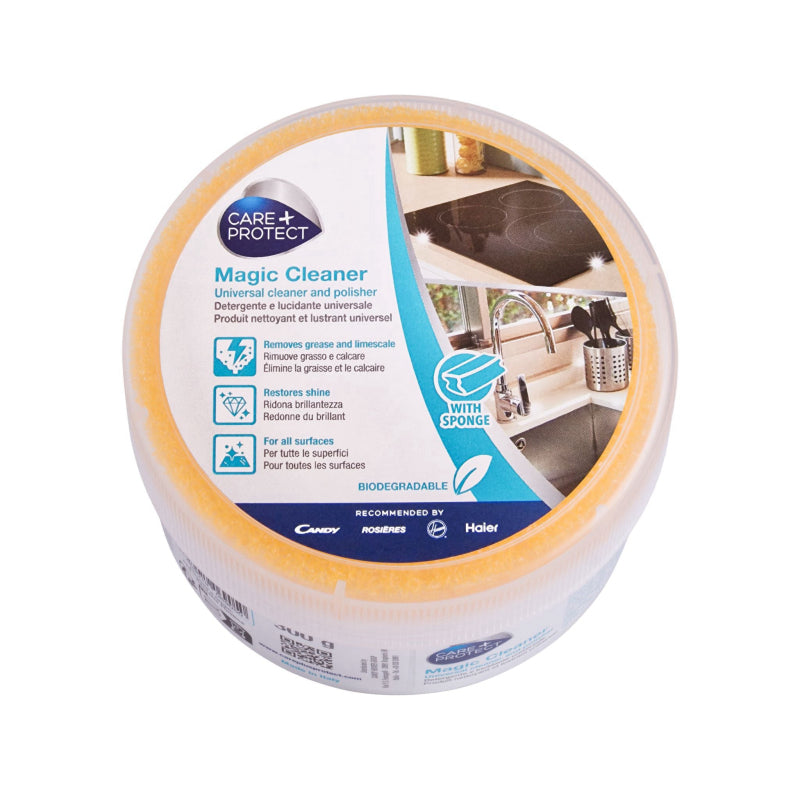


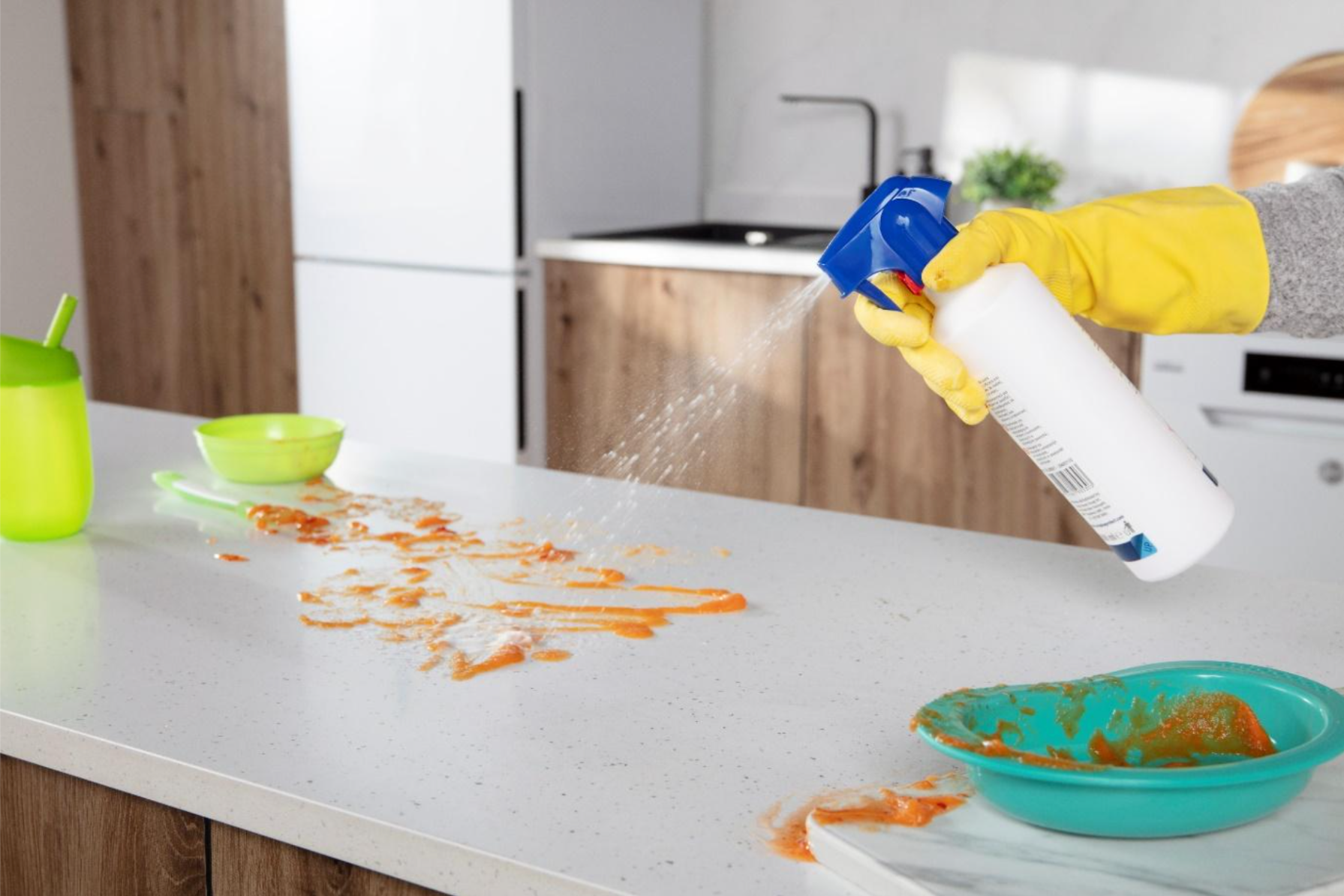
Leave a comment